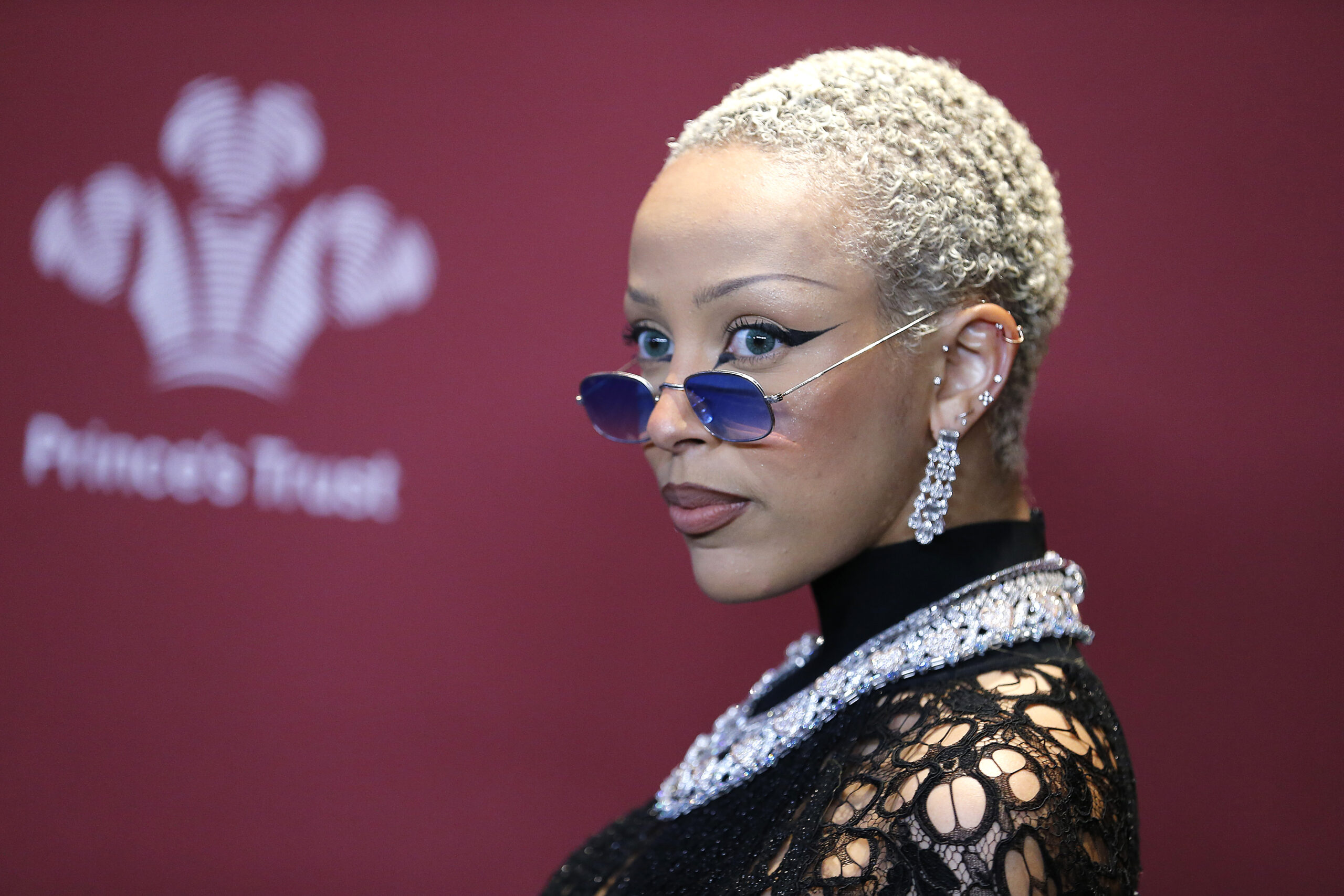Doja Cat recently set the internet abuzz with the announcement of her latest single, “MASC.” She took to social media to share a zoomed in image of her blonde hair in its natural, curly state, which she explained was the cover art for the single. However, amidst the excitement, there’s a disheartening undertone: the unnecessary scrutiny of her natural hair.
In a moment that should have been solely about celebrating her next musical era, some chose to fixate on the “Paint The Town Red” rapper’s hair. Users online have compared it to everything from sheep’s wool to popcorn.
“It’s not even questioned,” Doja Cat expressed during an Instagram Live, reflecting on the hurtful comments she faced. “Some people are [adamant] that that’s what it is.”
Doja Cat’s 4C Hair is None of Your Business
It’s disheartening that in 2024, Black women, particularly those with 4C hair, are still subjected to such demeaning commentary. The significance of Doja Cat addressing this issue cannot be overstated. It’s a reminder of the discrimination that Black women face concerning their hair.
This isn’t the first time Doja Cat has had to confront this ignorance. From negative remarks about her shaved head to now her natural hair texture, she consistently faces unwarranted opinions. Yet, despite the hate, she continues to be unapologetically herself.
The natural hair movement, heralded as a celebration of Black beauty in its diverse forms, should encompass and uplift all textures, including the tight coils of 4C hair. However, entrenched biases continue to perpetuate harmful ideals that favor looser hair textures.
“We gotta move forward,” Doja Cat said during her live. “Let’s grow up. Pubic hair? Really? That’s where we stand?”
Comparing her hair to pubic hair or any other derogatory analogy is disrespectful and rooted in anti-Blackness. It’s a reflection of broader societal issues that shouldn’t be a conversation in 2024. It’s time celebrate the beauty of Black hair in all its glory and dismantle harmful stereotypes.
